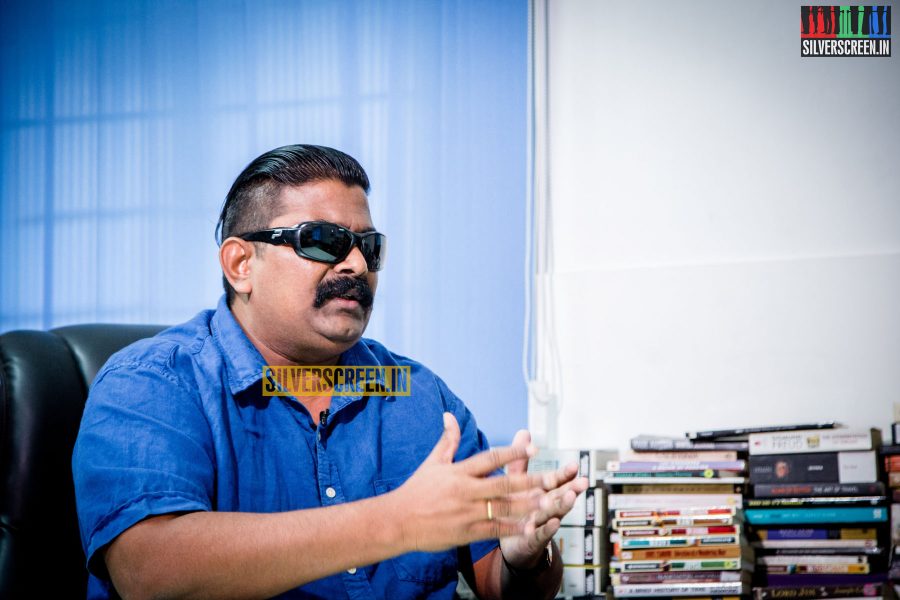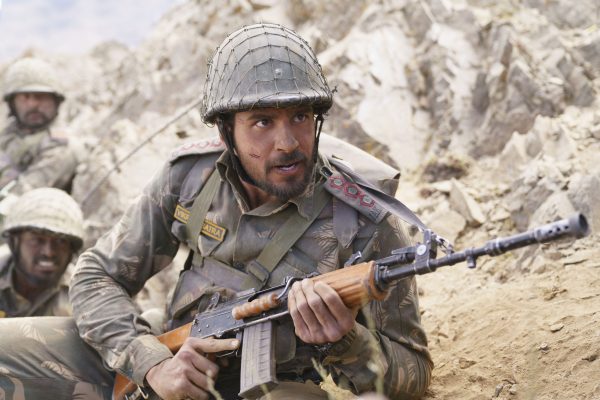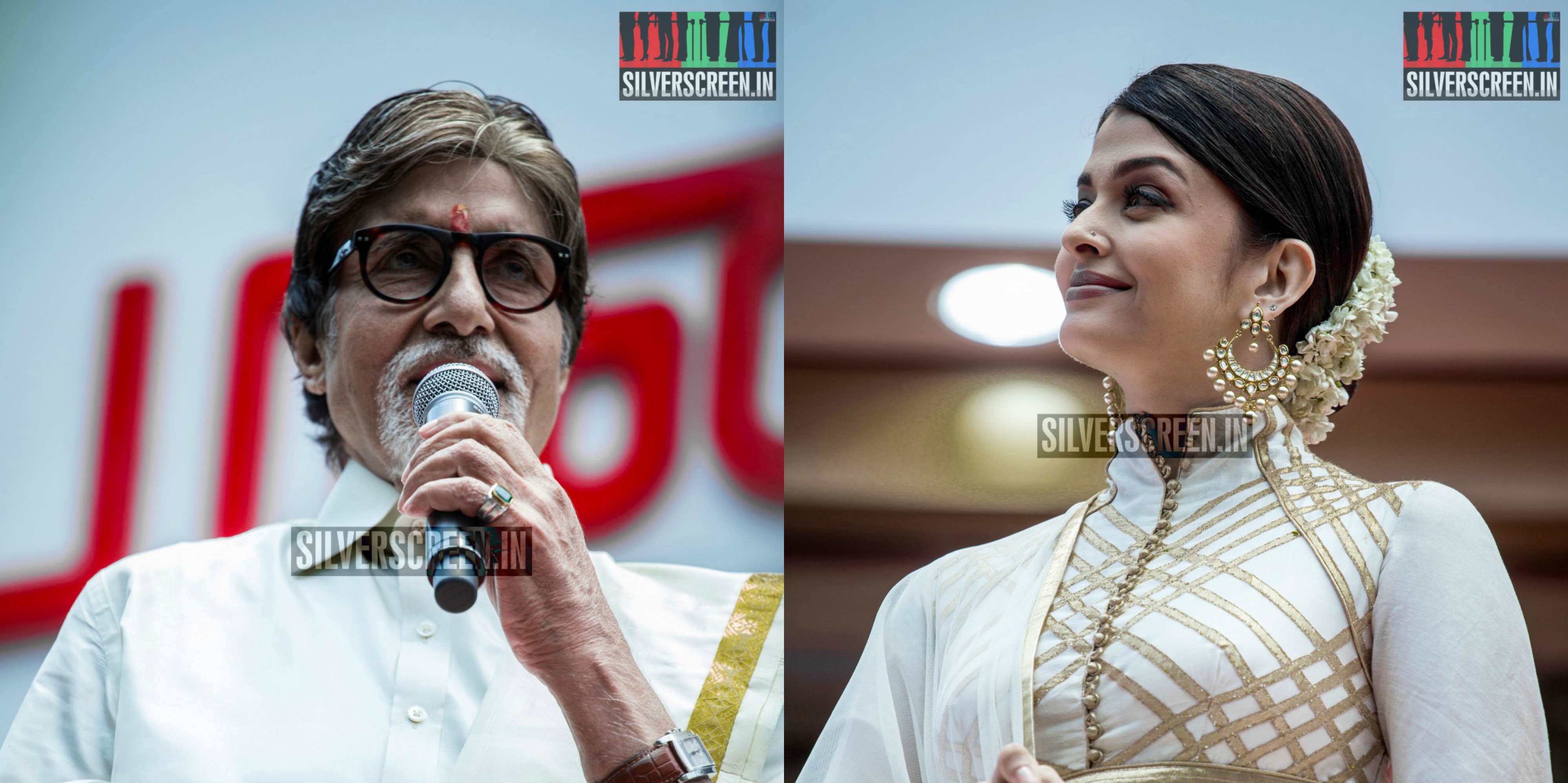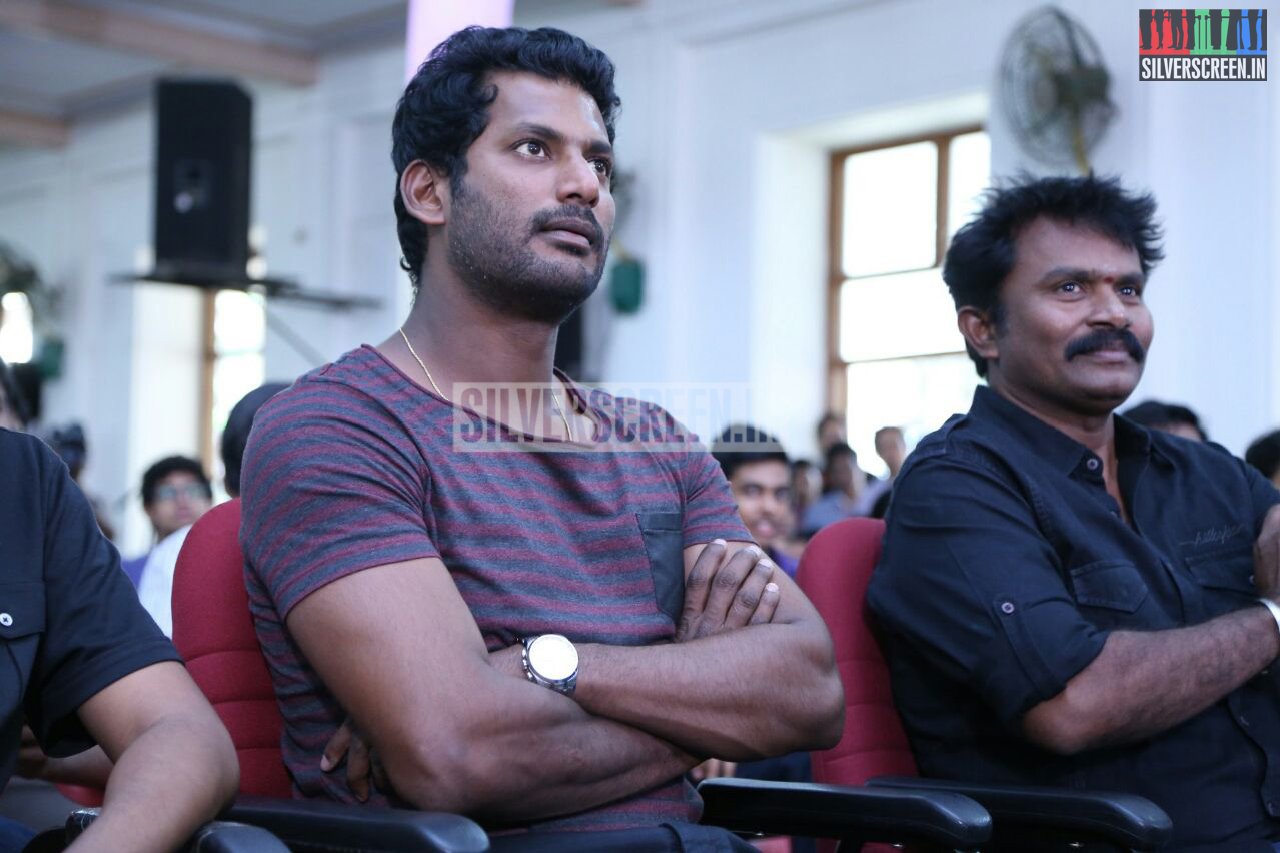Movies are not conceived in isolation. Every aspiring director in Tamil cinema today will harbour memories of watching a Nayagan or a 16 Vayadhiniley on screen; every young actor will speak of how Kamal Haasan and Sivaji Ganesan inspired them; and every aspiring music director will have a favourite Ilaiyaraaja song. Each week, Silverscreen talks to a different celebrity to find the sparks that triggered their creativity – the films, the music, the writing, the photographs and the locations.
*****
Mysskin is quite reminiscent of some of the characters in his films – intense, philosophical and imaginative. He is a voracious reader – someone who gets emotional about stories and its characters. He borrowed his nom de plume from Fyodor Dostoyevsky’s novel, The Idiot. He worships Akira Kurosawa and Robert Bresson. When we asked him to list out his favourite movies and books, he said, “It’s tough as the list is endless.” However, he managed to pick a few books and films that continue to inspire him to create better films and “to be a better human being”.
Mysskin:
“As a kid, I was a huge fan of comics. Among the numerous comic books I read at that time were Steel Claw, Ambuli Mama, Mahabharata and Vikramaditya and Vetal... I loved stories about mythological kings, queens and their exploits. My grandmother was a great story teller. She used to tell me bed-time stories and fairy tales. All those stories helped widen my imagination.
Resurrection:
I was drawn towards Russian literature when I was around 14. I started reading books of Leo Tolstoy, Anton Chekhov, Fyodor Mikhailovich Dostoyevsky, Maxim Gorky, Pushkin and many others. For the next 10 years, I went deep into the rich literature of Russia. Among the many books I read, Resurrection by Tolstoy had a huge impact on me. Its story and characters linger in my mind even today. Resurrection changed my way of thinking – the way I looked at life. It’s magical and realistic at the same time.
Enter the Dragon (A 1973 Hong Kong martial arts film directed by Robert Clouse, starring Bruce Lee):
That was the first movie that I watched at a theatre. I was five then. It was my father who took me to a theatre to watch this Hong Kong martial arts action film. When we stepped out of the hall after the film, dad asked me how it was. “Beautiful!”I replied. He instantly took me back into the theatre to watch it again. That day, we watched the film twice, back to back. That’s indeed a special memory.
Thanga Pathakam (A 1974 Tamil film starring Sivaji Ganesan and directed by P Madhavan):
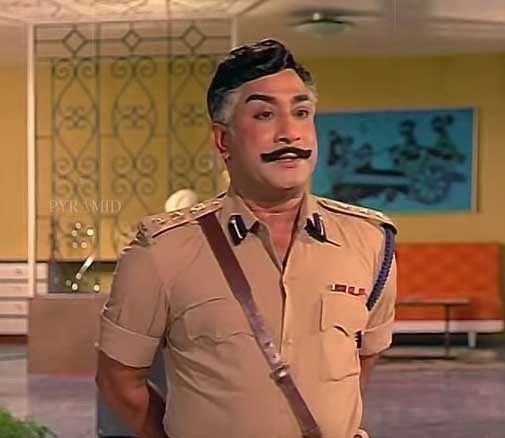
thanga
This is one of the best hero-centric movies ever made. The script looks like it was written exclusively for Sivaji Ganesan. It has a no-nonsense narration and the plot is very honest. It continues to be a reference book for me.
Thevar Magan (Kamal-Siivaji starrer, directed by Bharatan):
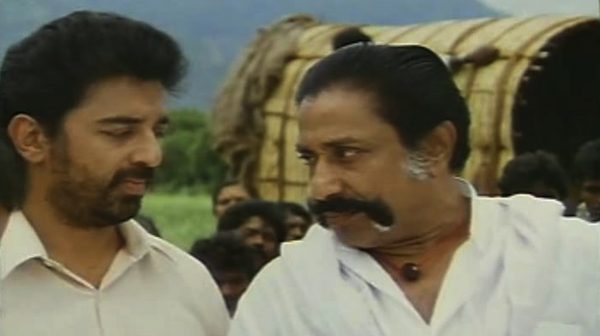
thevar
I would say this film has one of the best scripts ever. It perfectly fits the points Joseph Campbell summarises in his book The Hero With A Thousand Faces. My films Anjaathe and Chithiram Pesuthadi had traces of my experience of watching this film.
Seven Samurai (The 1954 Japanese adventure film, directed by Akira Kurosawa):
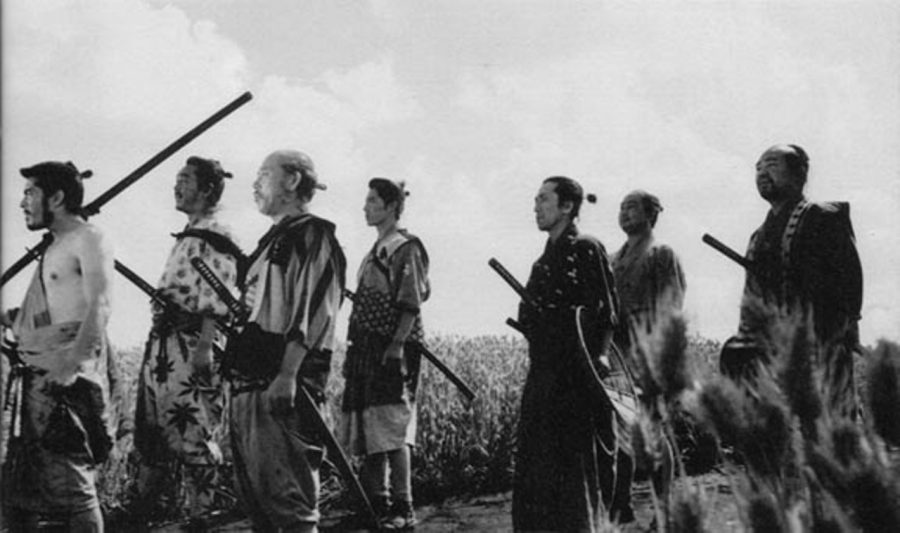
Seven-Samurai1
I would call it my bible of filmmaking – my holy book. It teaches me everything – how to make a movie and how not to make a movie, how to understand people and things, how to be compassionate and above everything, it teaches me how to live.
A Man Escaped (A 1956 French film directed by Robert Bresson):
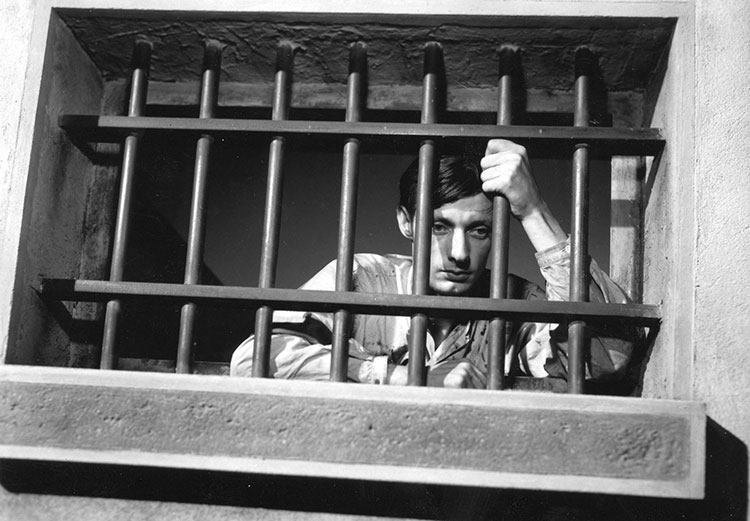
aman-escaped-5
I have kept a photograph of Robert Bresson in my office. He wasn’t successful as a commercial filmmaker. But as Susan Sontag said once, Bresson’s failures were greater than the successes of many other directors. His films are deeply spiritual and philosophical in nature. This film of his, which is about a man who escapes from Nazi concentration camp, helps me stay humble. It fills me with courage whenever I run out of it.
Finding inspiration in New Zealand:
I make it a point to travel to a new place after each film. Once, I was visiting Newzealand carrying a newly purchased 5D camera with me. As I was roaming around in a car, I saw a dead possum lying on the road. I stopped the vehicle, picked up my camera and started taking pictures of the dead animal. Suddenly, I noticed a drop of blood oozing out of its eye. That hit me. There was something profound about that sight. It made me think about life, death and the society. My film Onaayum Attinkuttiyum has traces of that memory.”
– As told to Aswathy Gopalakrishnan
*****
